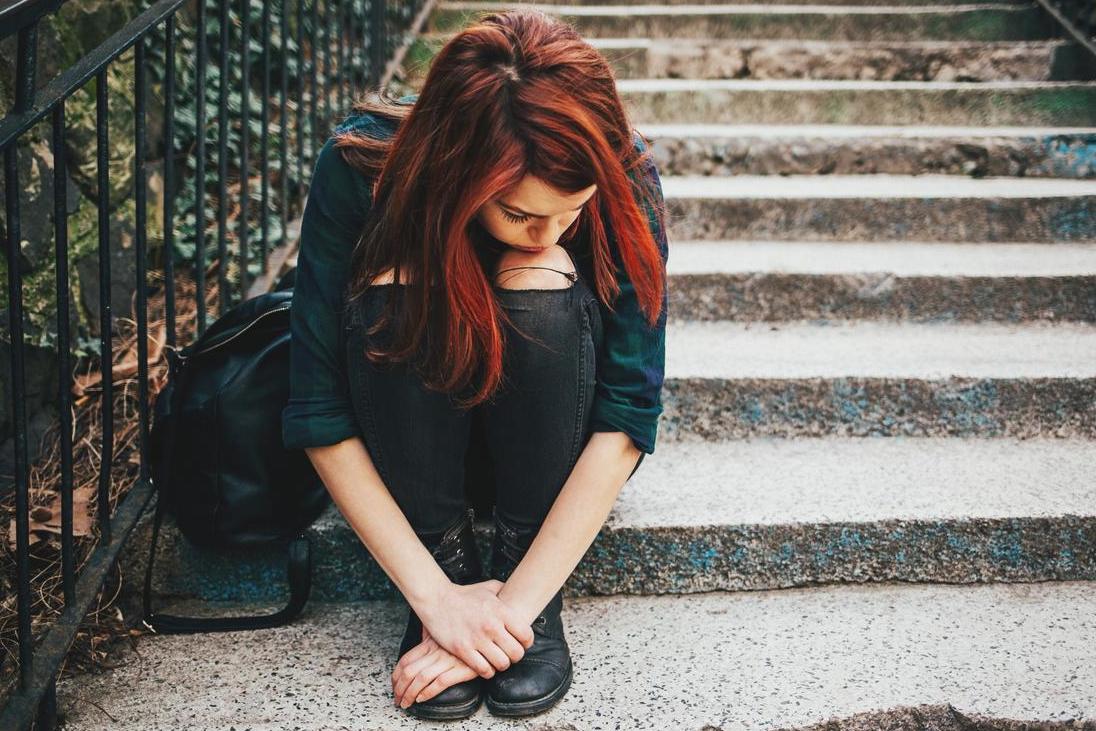Most young people suffering PTSD failing to get the support they need, research finds
Just 20 per cent said they had received help from a mental health professional

Your support helps us to tell the story
From reproductive rights to climate change to Big Tech, The Independent is on the ground when the story is developing. Whether it's investigating the financials of Elon Musk's pro-Trump PAC or producing our latest documentary, 'The A Word', which shines a light on the American women fighting for reproductive rights, we know how important it is to parse out the facts from the messaging.
At such a critical moment in US history, we need reporters on the ground. Your donation allows us to keep sending journalists to speak to both sides of the story.
The Independent is trusted by Americans across the entire political spectrum. And unlike many other quality news outlets, we choose not to lock Americans out of our reporting and analysis with paywalls. We believe quality journalism should be available to everyone, paid for by those who can afford it.
Your support makes all the difference.A worrying number of children are failing to get the support they need after being diagnosed with post-traumatic stress disorder (PTSD), new research finds.
In the first study of its kind, Kings College London looked at more than 2,000 children born in England and Wales between 1994 and 1995.
The study discovered that nearly a third of participants had experienced trauma in childhood with a quarter going on to develop PTSD - an anxiety disorder that can develop after being involved in, or witnessing, very stressful, frightening or distressing events.
Despite this, only one fifth (20.6 per cent) of this group said they had received help from a mental health professional.
Senior researcher Professor Andrea Danese said the findings should serve as a "wake-up call".
"Childhood trauma is a public health concern, yet trauma-related disorders often go unnoticed,” said senior researcher Professor Andrea Danese.
“Young people with PTSD are falling through the gaps in care and there is a pressing need for better access to mental health services.
”Child and adolescent mental health services need to make more resources available to address the needs of traumatised young people.“
The study also revealed that those who were exposed to a traumatic event before the age of 18 were twice as likely as their peers to have a range of mental health disorders.
Traumatic experiences included direct experience of assault, injury or sexual violation, but also “network trauma” - events which affected someone the young people knew, but they did not witness in person.
What’s more, almost a third (29.2 per cent) had a major depressive episode, 15.9 per cent experienced alcohol dependence, and 8.3 per cent had attempted suicide, the study found.
A large proportion of those who had been diagnosed with PTSD also presented with other mental health problems, such as attempting suicide (20.1 per cent) and experiencing a major depressive episode (54.7 per cent).
Dr Tim Dalgleish, from the University of Cambridge, said the results of the study were “sobering”.
“Of particular concern is the relatively small proportion of affected youth who go on to access formal support or mental health services and the findings are a further wake-up call that service provision in the UK for children and adolescents dealing with the aftermath of trauma is woefully inadequate,” he said.
You can read more about PTSD including symptoms and how it is treated here.
For confidential support with mental health or suicidal feelings, you can contact The Samaritans on their free, 24-hour phone support by calling 116 123 or emailing jo@samaritans.org.
Join our commenting forum
Join thought-provoking conversations, follow other Independent readers and see their replies
Comments